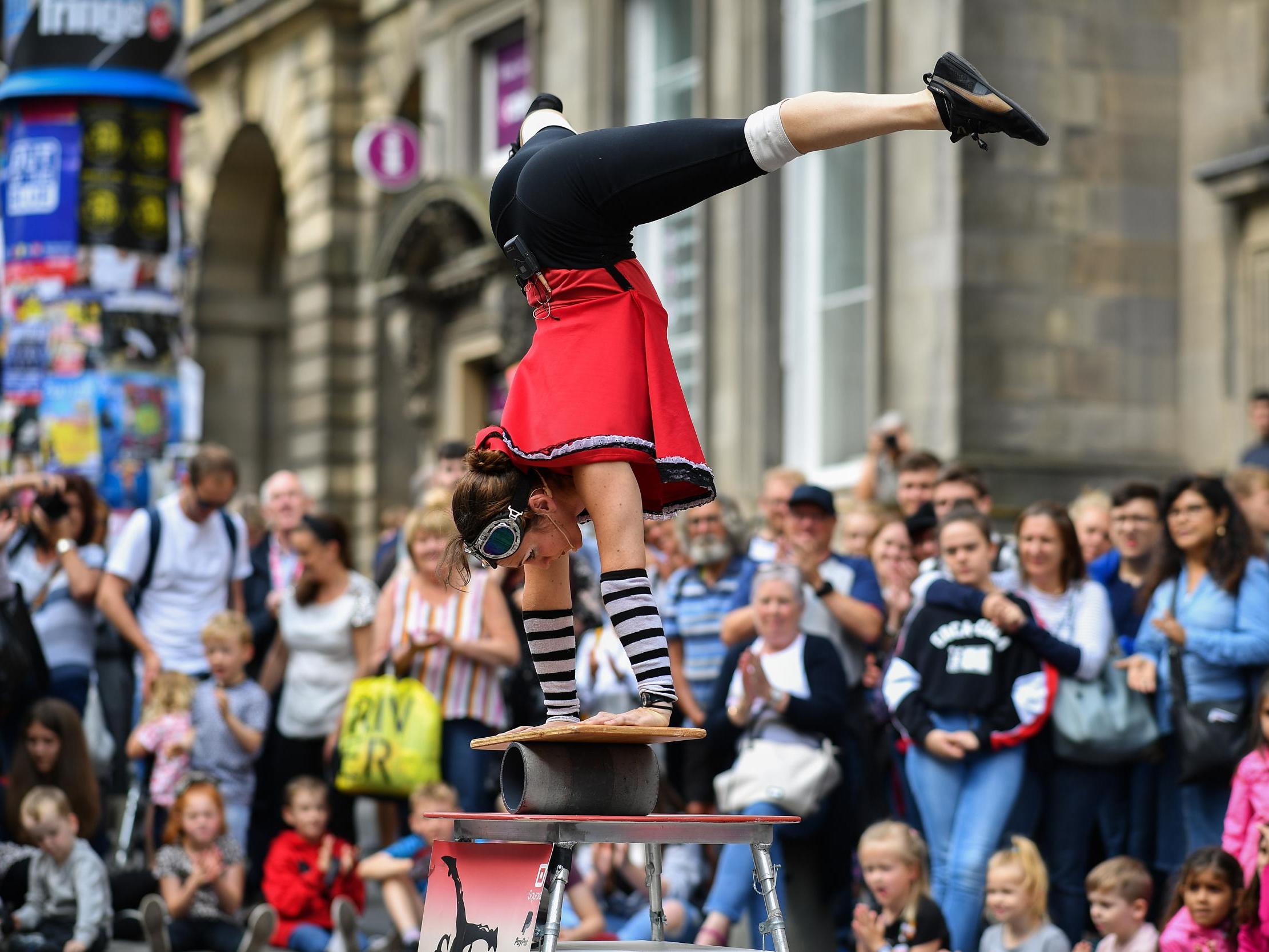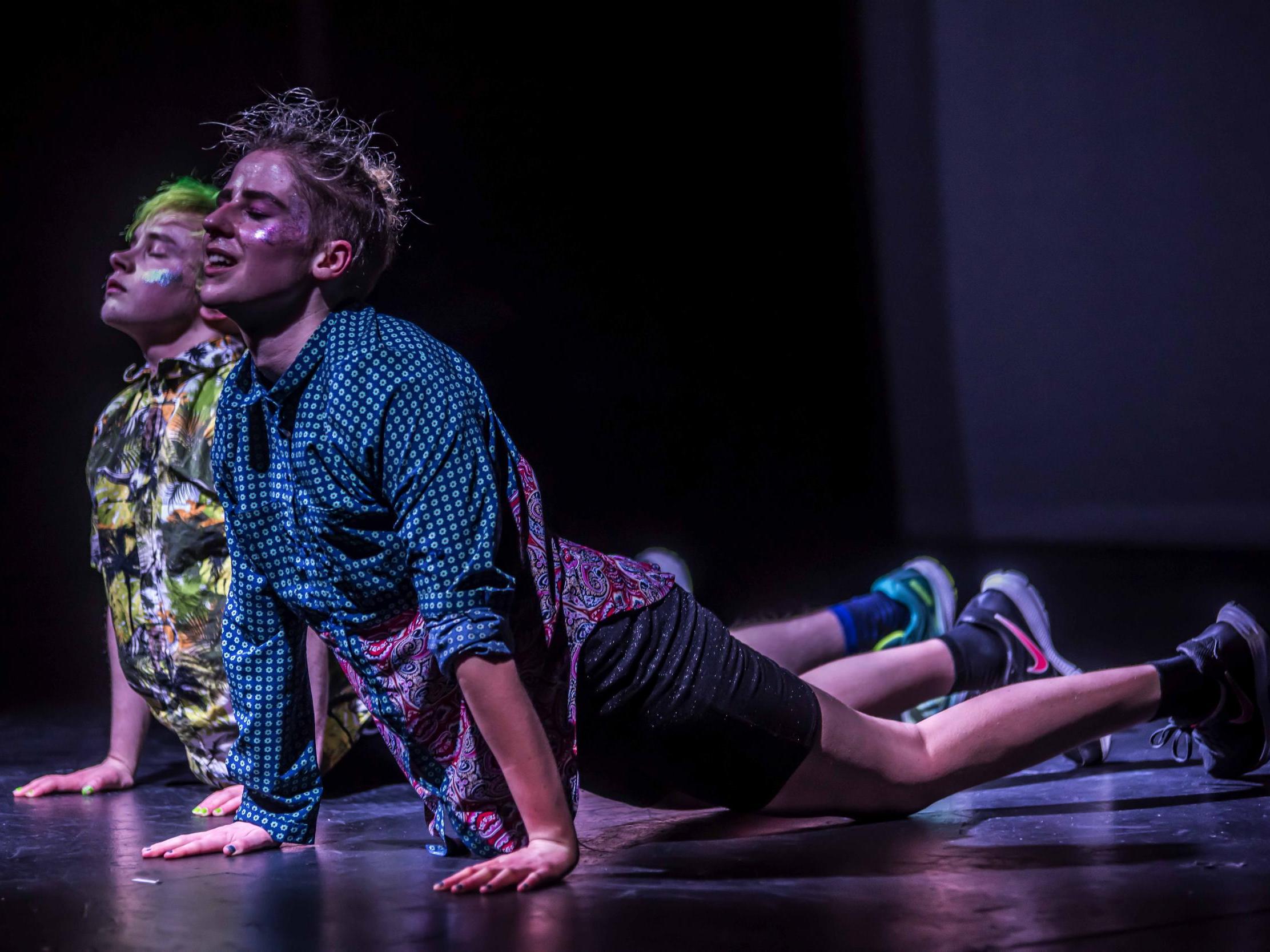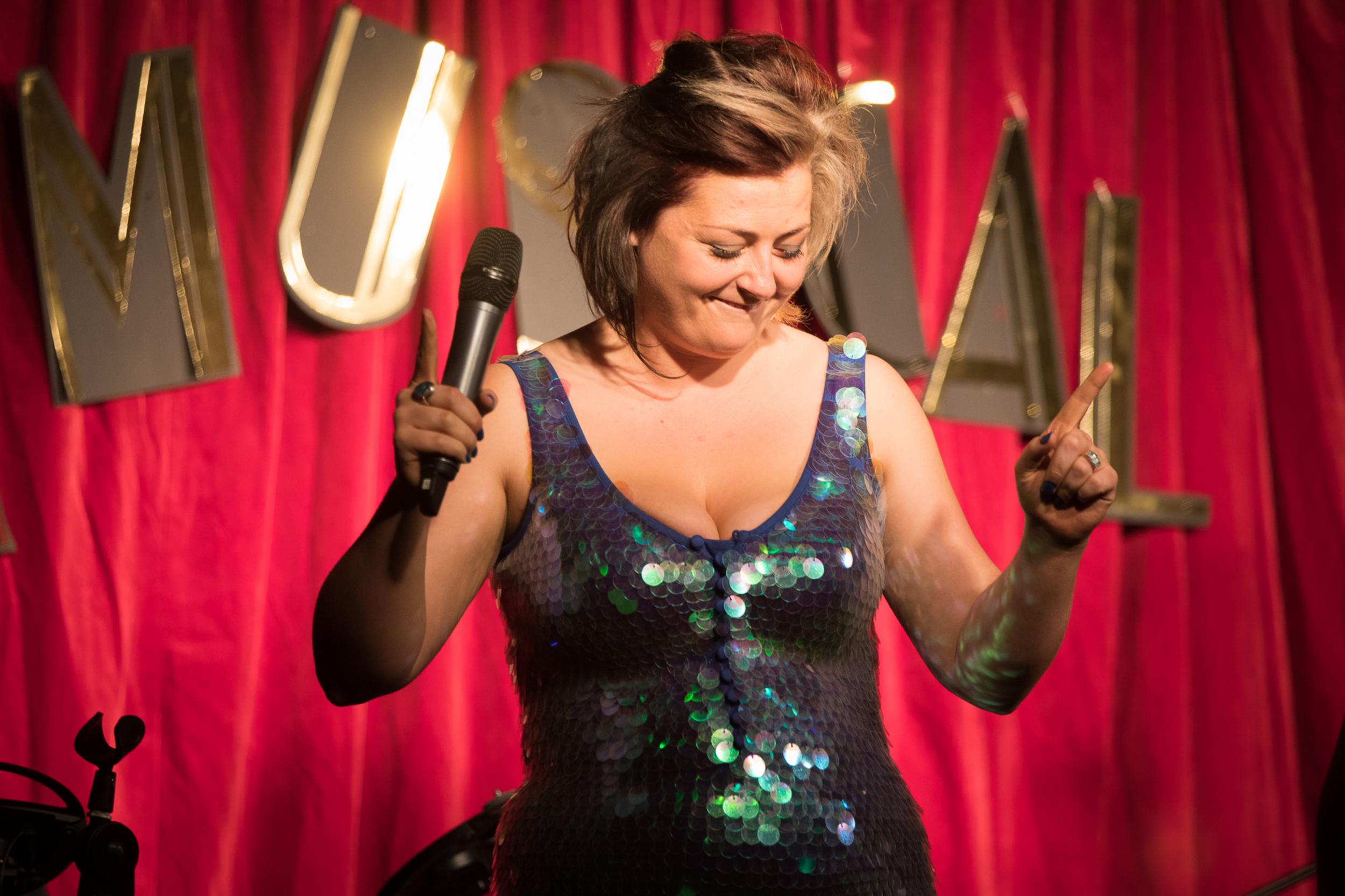‘All that momentum has collapsed’: The damaging ripple effect of this year’s Edinburgh Fringe cancellation
Last year, 3,841 Edinburgh Fringe shows were performed across the space of a month. This year there were none. Isobel Lewis explores the impact of the loss of the Fringe


Your support helps us to tell the story
From reproductive rights to climate change to Big Tech, The Independent is on the ground when the story is developing. Whether it's investigating the financials of Elon Musk's pro-Trump PAC or producing our latest documentary, 'The A Word', which shines a light on the American women fighting for reproductive rights, we know how important it is to parse out the facts from the messaging.
At such a critical moment in US history, we need reporters on the ground. Your donation allows us to keep sending journalists to speak to both sides of the story.
The Independent is trusted by Americans across the entire political spectrum. And unlike many other quality news outlets, we choose not to lock Americans out of our reporting and analysis with paywalls. We believe quality journalism should be available to everyone, paid for by those who can afford it.
Your support makes all the difference.There really is nowhere on Earth quite like Edinburgh in August. For four weeks every summer, the city becomes home to the Edinburgh Fringe Festival, with actors and dancers, comedians and circus performers descending on the city in search of five-star reviews and macaroni cheese pies. It’s a gruelling month with the ability to make or break an act, but an experience that keeps performers coming back year on year.
Or, at least, that has been the case until now. The news that this year’s festival was to be cancelled due to the coronavirus pandemic was announced back in April with an air of caution. Many people questioned whether it would be necessary – surely this would all be over by then? – but it turned out to be a sensible decision. Sensible but devastating, that is. Now, as the city’s Royal Mile experiences a calm August for the first time, the industry’s future looks murkier than ever.
“When you do the Edinburgh Fringe, your whole calendar is built around it,” comedian Kiri Pritchard-McLean tells me. “It’s like your new school year is in August. You’ve got to get your show ready for the festival, maybe do some previews before and then hopefully tour off the back of that. For a lot of people, the Fringe is the inspiration and deadline we work towards, so having that big chunk taken out in the middle of the year is difficult.”
It may be the world’s largest arts festival – 3,841 shows were performed across 2019’s event – but the Edinburgh Fringe is not just a singular organism. Rather, it’s part of a complex ecosystem that both feeds into and is fed by other festivals and venues. Before August, acts can use events such as the Brighton Fringe to preview and test out new material. Afterwards, a successful run can lead to a victory lap off the back of the show’s success.
Anthony Alderson, director of the Pleasance Theatre group (one of the “Big Four” venues in Edinburgh), says that the roadmap in and out of the festival gets longer every year for artists and programmers. It’s not just other fringe festivals that are looking for content. Phoebe Waller-Bridge’s universally adored Fleabag; the West End musical Six; virtually any comedian you see on TV – these acts would not have got their break were it not for someone seeing something special in them during an Edinburgh Fringe run.

“The fringe is the biggest theatrical comedy marketplace in the world, with theatres coming from all over the country to find new talent,” Alderson says. “It’s an industry show ground as much as it is a festival.”
So, like any ecosystem, the knock-on effect and ramifications of removing one item are continuous. Other festivals followed suit, many having already been forced to cut runs short or pull events due to the pandemic, while Brighton Fringe was postponed until October. But when the news broke that the Vault Festival, a London-based fringe event, would not be returning until 2022, it showed that the reverberations of both Covid and the Fringe’s cancellation would be felt for years to come. For performers, it was an unwelcome sign that this problem was not going to go away.
Mat Burtcher, one of the Vault’s co-founder, says that the reaction to their announcement was predominantly one of “shock”. “We knew it was the only really sensible choice,” he tells me, “because we couldn’t imagine letting everyone go through the next six months with this fear hanging over our heads that the whole thing would have to be pulled at the last minute. There’s a sense of responsibility to make sure the festival is safe and attractive for your acts and suddenly you realise that those two responsibilities are in opposition to each other.”
True to its name, the Vault Festival takes place in a series of underground tunnels beneath Waterloo Station where black box theatres are squeezed into small spaces. It’s a similar set-up in Edinburgh, where instead of purpose-built venues, hotels, lecture theatres and sticky-floored nightclubs all transform into performance spaces.
This is the reality of UK theatre for smaller acts, but it seems totally impossible under social distancing, where a 50-seat venue would have to be reduced to just four. With fringe theatres and comedy clubs unable to host events, artists are left in limbo and unsure what their next move is. Do they hope to return next year with the same show, or make something new? In either case, will what’s relevant in six months’ time be the same in August 2021?
When it comes to securing a venue again, doubts are also cast. Some of the larger groups have loyalty to their artists – Alderson tells me that all artists who would have performed at the Pleasance in 2020 will be offered priority spots next year – but that’s not financially possible for everyone. Plaster Cast Theatre, the team behind “radical dance party” Sound Cistem are grappling with these problems, having been forced to put off what looked likely to be their biggest festival yet following an award-nominated run at Vault Festival. Non-binary physical theatre duo Ayden Brouwers and Lizzie Morris were returning in 2020 with word-of-mouth buzz, a bigger venue and a better time slot, and things seemed promising.
“We had so much momentum growing off the back of the Fringe and the Vaults and we were going to do all these things,” Brouwers says, highlighting the struggle of keeping hype going until next year. “Now we can’t and all that momentum has collapsed. Even if we got an equally good venue, I don’t know whether people will be as excited to come see the show.”
The unpredictability of the landscape also raises questions for artists that don’t have easily solvable answers. If 2021’s Fringe does go ahead – which Pleasance’s Alderson is hopeful it will – it’s unclear whether creatives should be prioritising new work, let alone how they do it. “I think it’s just really hard to make as good theatre online,” Morris says. “Amazing theatre has been made to be experienced on a computer, but that was a choice, rather than an imposed restriction.”
The inability to prepare for an event like this has highlighted just how fragile the live performance industry is. Kiri Pritchard-McLean, a regular at the Edinburgh Festival since 2010, has kept her comedy going throughout lockdown with weekly charity fundraiser The Covid Arms, which has served as both a welcome gig for comedians and a fundraiser for The Trussell Trust, raising over £100,000. But online comedy is ultimately very different from the real thing, and what works on the internet may not on the road.
“You can write loads in lockdown but where are you going to try new material?” Pritchard-McLean asks. “We don’t know what audiences will want; they might want a cathartic experience where we all talk about what happened or they might go, ‘I never want to think or talk about this virus ever again.’ It’s a strange thing, because you might have spent two years working on a show that is basically totally useless.”

Financially, with no work and live comedy ineligible for the government’s art grant, the industry is in a tough place where artists may not be able to return for the next Fringe at all. “I hope they’ll be able to pick up where they left off, but it’s hard,” Alderson says. “When you think of all the circus performers and dancers, how on earth do they train? It’s not like any other industry, you can’t just turn the lights back on and open up again.”
Seeing this industry come to a standstill is worrying, particularly because in a post-Covid world, we’re going to crave the innovation it provides. The Fringe is known for wacky shows and experimental comedy, but even if theatres are allowed to reopen, it’s likely only the largest venues that will be able to make money under social distancing. That means the experimental stuff being shelved, with Ian McKellan doing Hamlet and Ralph Fiennes in a David Hare play being relied on to get bums on seats to help revive the industry. It makes sense, but still feels like a loss.
“It’s these independent black box studios where small theatre companies get their start and where people are free to experiment and make things that are rubbish or are brilliant,” Plaster Cast’s Brouwers says. “That’s where the interesting stuff comes from.”
They’re right. Without the Edinburgh Fringe, and fringe theatre and comedy in general, the industry is less likely to see and take risks on new artists, working-class creators and marginalised voices. At a time when it felt like theatre was finally taking steps forward when it came to representation, the Fringe being cancelled puts it right back to square one. Until it can go ahead without social distancing, it’s hard to know if it will ever recover.
Join our commenting forum
Join thought-provoking conversations, follow other Independent readers and see their replies
Comments